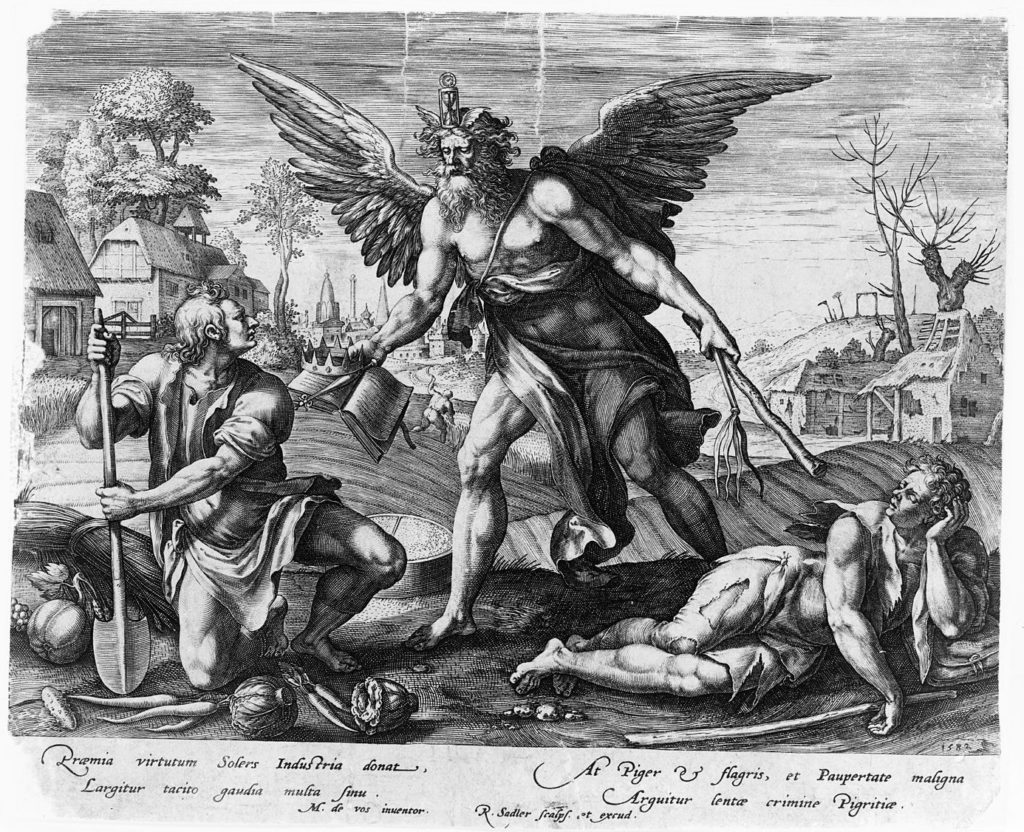From the ancient world to the present day, different practices of coerced labor have constituted an intrinsic feature of human societies. According to the latest figures, up to 40 million people worldwide currently live under a regime of imposed work. It is therefore for good reason that the issue has continued to occupy a central place in public debates aimed at reshaping the current market dynamics. Various forms of modern slavery, forced labor and human trafficking appear to be a structural part of the neoliberalist model, and have been dramatically reinforced by the interconnected, consecutive global economic crises of the last decades. Mass migrations to supply cheap manpower often expose individuals to conditions of reduced social and civil rights, which are compounded by cultural differences and the scarce implementation of the rule of law. More recently, the Covid-19 pandemic likewise engendered a feverish rhetoric of productivity, underpinned by nationalist justifications of the curtailing of individual rights in the name of financial stability and the common good.
While systems of exploitation have been the constant object of scholarship in several historical disciplines, their multifaceted conceptual patterns often remain undefined, and demand further academic attention at this historical juncture. The renewed importance of forced labor in contemporary discussions belies a limited understanding of the roots of its many historical manifestations. The present conference therefore aims to explore how different modes of compelled labor were expressed, advocated or opposed across the early modern period in their historical, cultural and social contexts. We wish to keep a wide theoretical framework, in order to promote a general reflection involving as many fields of intellectual history as possible. We accordingly welcome the reconstruction of philosophical arguments in different contexts (including national, comparative, imperial, colonial and global histories), revolving around one or more typologies of unfree labor (including domestic serfdom, corvée labor, indentured servitude and chattel slavery) and involving all forms of discourses and traditions of thought (including political, legal, religious and economic).
Potential topics and sub-topics include (but are in no way limited to):
- Early modern colonizations, conquests and enslavements in Africa, America and South-East Asia
- Rural serfdom and legacies of feudal societies in pre- and early-industrial Europe
- Household hereditary servitude as practiced in Qing China
- Reformulations of ancient and classical examples such as Greek helotry
- Systems of servitude connected to kinship structures in African societies
- Institutions of slavery in the Islamic world
The conference will be held online, over a period of three days. Each paper will be allocated 20 minutes followed by discussion.
Please send abstracts (max. 300 words) and panel proposals (max. 500 words) with short cv (max. 2 pages) by the 30th of June to giovanni.lista@eui.eu. Contributions from early career researchers will be given the highest priority.
Conference Committee: Giovanni Lista, Shiru Lim, and Elias Buchetmann.
Coerced Labour in the Early Modern World (1500-1800) is one in a series of three events sponsored by the ISIH that have been designed by ECRs, for ECRs. These events include the seminar series Women in Intellectual History, and the workshop New Work in Intellectual History: A Project Development Workshop Series.
(source: Oxford)


No comments:
Post a Comment